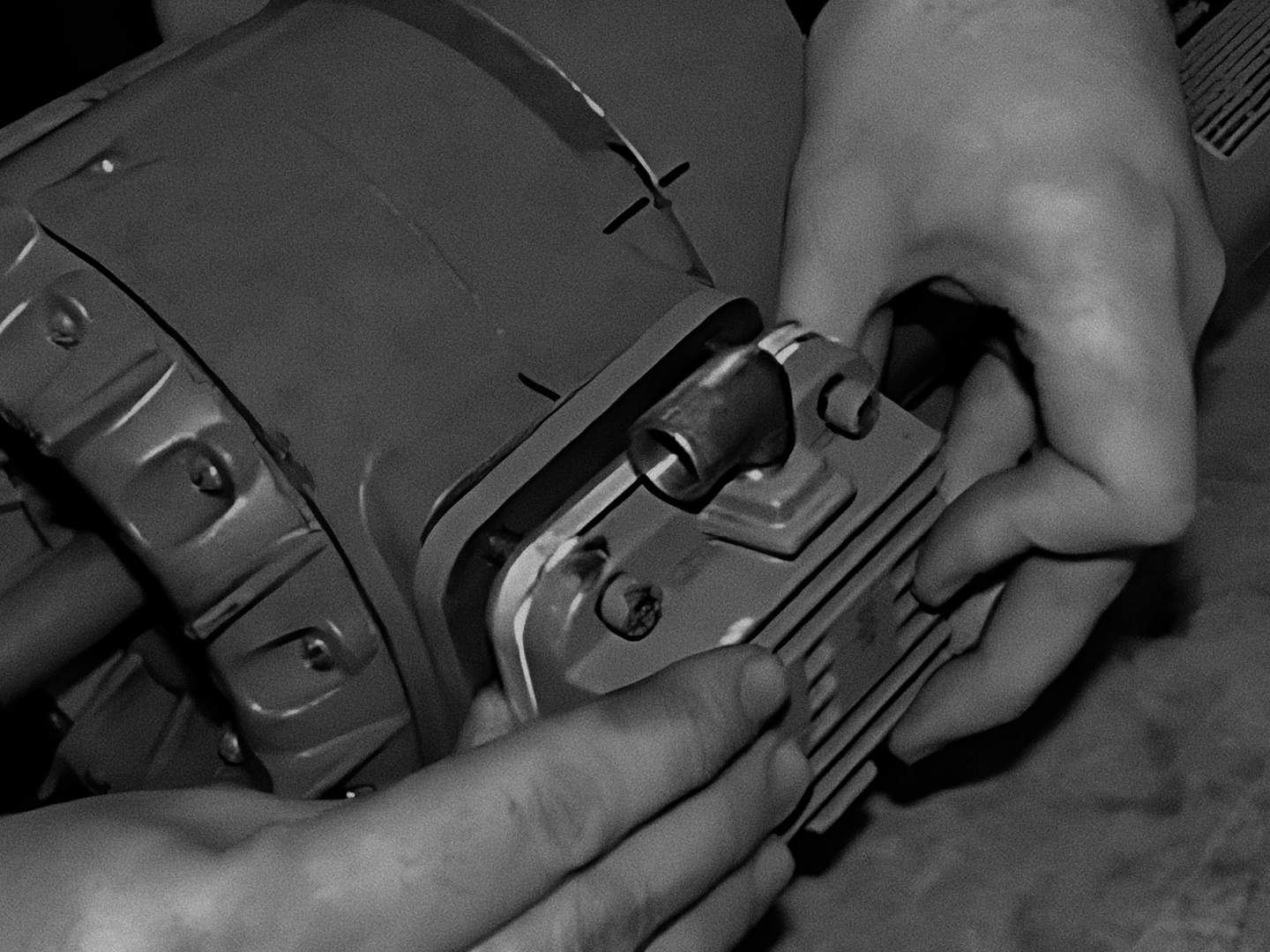BSL Equipment Refurbishment
What’s included?
Testing & inspection
Our refurbishment team begins with a thorough testing and inspection of your equipment to assess its condition
In-house calibration
Once it has been reassembled, all our equipment undergoes a thorough in-house calibration
Replacement of parts
Our experts will then replace all major parts such as rubber seals, filters and bearings, with top-quality components from our stores
Testing
The team then conducts a series of rigorous tests to fine-tune your equipment and ensure it operates at peak efficiency
Adjustments & repairs
The team then conducts a series of leak checks to identify any small cracks or loose connections, ensuring all parts fit together perfectly
Re-certification
To guarantee your equipment meets all regulatory standards, we’ll provide you with a new test certificate
Why choose a BSL refurbishment?
BSL gas mixing systems can last for over two decades without maintenance, but even the highest quality equipment will eventually start to show signs of wear and tear.
We offer a wide range of gas mixers and gas mixing equipment that can be customised to meet the specific needs of each and every product or application. Our services cover everything from design and testing to manufacturing and distribution.
Our continuous commitment to quality under the ISO 9001:2015 QMS means we always meet the highest industry standards through a product range that is completely manufactured here in the UK. As part of this commitment to quality, we offer comprehensive equipment refurbishment, servicing, calibration and panel rental schemes to ensure your BSL equipment is always running in perfect condition.

Refurbishing Gas Compressors
With extensive experience in the refurbishment field, we’ve seized the opportunity to restore defunct compressor units used in nitrogen generation systems.
At BSL, we house a fully operational workshop dedicated to the reconstruction, revitalisation and testing of a wide range of compressor units. Our team is equipped to handle various brands and is currently focused on meeting the demands of the beverage and food sectors.
Equipment Refurbishment
Frequently Asked Questions
What are the signs that my gas mixer needs maintenance?
We suggest inspecting the gas mixer shortly after it is installed, and then once a year after that to ensure only clean and dry gases are being used. To verify its operation, you can compare it to the as-made test certificate that accompanies the mixer.
How can I keep my gas mixer running smoothly?
To keep your gas mixer running smoothly and extend its lifespan, regular maintenance is key. Here are a few tips for maintaining your gas mixer…
Is it necessary to calibrate my gas mixer regularly?
Calibration of your gas mixer is only necessary if you want to modify it or if you’ve encountered issues with the quality of your gas supply.
Why is gas mixer maintenance so important?
A BSL gas mixer is built to last but still needs some maintenance. Despite being durable, gases at certain pressures can cause rubber components to deteriorate.
How can I safely perform maintenance on my gas mixer?
We provide Work Instructions that outline how to perform certain tasks, but it is always best to undertake a risk assessment before attempting any maintenance work on a gas mixing panel. This ensures a safe method of working for all those involves, and we are happy to assist you if you have any doubts or questions.
What safety precautions should I take when using gas mixing equipment?
Gas mixing systems operate at high pressures, which can be dangerous if not handled responsibly and with proper guidance.
How can I troubleshoot issues with my gas mixing system?
When you receive your gas mixing system, you will also receive a detailed instruction manual, a test certificate for your gas mixer and a warranty statement.
What happens if I lose a supply gas to my BSL mixing panel?
Our pressure mechanical system diligently monitors all gas supplies. If one of the gas supplies is absent, the mixer will cease to pass any gas, ensuring safety and control.
Which gases are the cleanest and which are the dirtiest?
Industrial gases are usually clean when they are produced. The cleanest gases are often the rarest and hardest to obtain. However, various processes are implemented to ensure their cleanliness and purity from the start.
Which gases are the most dangerous to handle?
All gases, regardless of their perceived harmlessness, need to be handled with care. Each gas should be carefully assessed based on its specific characteristics, as well as the pressures, conditions and spaces in which it is being used.
